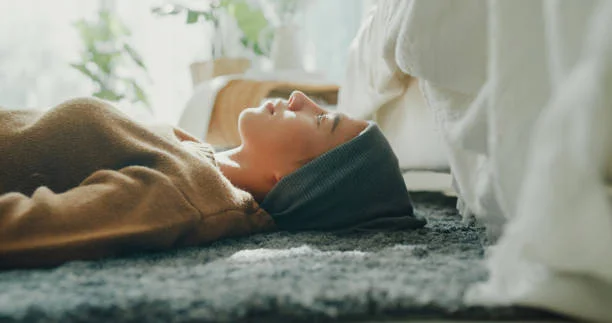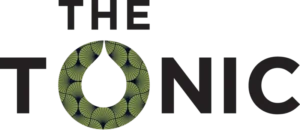
Can CBD Oil Make You Hallucinate? CBD oil does not cause hallucinations as it is a non-psychoactive compound distinct from THC.
CBD oil has gained immense popularity for its potential health benefits, including pain relief, anxiety reduction, and improved sleep. However, as with any trending wellness product, misconceptions and myths often emerge. One common question is whether CBD oil can make you hallucinate. In this article, we’ll explore the science behind CBD, its effects, and whether hallucinations are a real concern.
Can CBD Oil Cause Hallucinations?

The short answer is no, CBD oil does not cause hallucinations. Here’s why:
- Non-Psychoactive Nature: CBD lacks the psychoactive properties of THC, meaning it cannot alter perception or reality to the extent of causing hallucinations.
- Low THC Levels in CBD Oil: Legally available CBD oils are derived from hemp and must contain less than 0.3% THC. At this low concentration, THC levels are not sufficient to cause any psychoactive effects, including hallucinations.
- Clinical Evidence: Research has consistently shown that CBD is well-tolerated in humans and does not induce hallucinations or other mind-altering experiences. In fact, it is often studied for its calming and stabilizing effects on the brain.
Why Do Some People Believe CBD Can Cause Hallucinations?
- Confusion with THC: Many people confuse CBD with THC, assuming both compounds have similar effects. Since THC can cause hallucinations at high doses, some mistakenly attribute this effect to CBD.
- Low-Quality or Mislabelled Products: Some CBD products may be inaccurately labeled and contain higher-than-advertised THC levels. Consuming such products could lead to unintended psychoactive effects, including hallucinations.
- Placebo Effect or Preconceived Expectations: Individuals who expect CBD to produce mind-altering effects may misinterpret other sensations (like relaxation or drowsiness) as hallucinatory experiences.
Myths and Facts About CBD Oil and Hallucinations

Myth 1: CBD Oil Can Cause Hallucinations
Fact: CBD is non-psychoactive and does not alter perception or cause hallucinations. This effect is commonly associated with THC, the psychoactive compound in cannabis, not CBD.
Myth 2: CBD Oil and Marijuana Have the Same Effects
Fact: While both come from the cannabis plant, CBD oil is derived from hemp and contains minimal THC (less than 0.3%), whereas marijuana has high THC levels responsible for its psychoactive effects.
Myth 3: Using CBD Oil Will Make You High
Fact: CBD does not interact with the brain’s CB1 receptors in the same way THC does, meaning it cannot produce a “high” or euphoric feeling.
Myth 4: All CBD Products Contain THC
Fact: Many CBD products are THC-free or contain trace amounts well below the legal limit. Broad-spectrum and isolate CBD products have no detectable THC at all.
Myth 5: Relaxation from CBD Feels Like Hallucination
Fact: Some people mistake the calming effects of CBD for mind-altering experiences, but relaxation is a natural response and not a hallucinatory effect.
Myth 6: CBD Works Like a Drug
Fact: CBD interacts with the endocannabinoid system to help regulate body processes but does not function like traditional drugs that directly alter brain chemistry.
FAQs
Can combining CBD with other substances cause hallucinations?
While CBD alone does not cause hallucinations, combining it with high-THC cannabis products, alcohol, or certain medications may lead to altered perceptions. Always consult a healthcare provider before combining substances.
How does CBD differ from other cannabinoids in terms of psychoactive effects?
Unlike THC, which is highly psychoactive, CBD does not bind strongly to CB1 receptors in the brain, meaning it cannot produce a high or hallucinations. Other cannabinoids like CBN or CBG also lack significant psychoactive properties.
Does the method of consuming CBD affect its effects?
Yes, the method of consumption (oil, edibles, vaping, etc.) can impact how quickly and intensely CBD affects the body, but it does not change its non-psychoactive nature or cause hallucinations.







